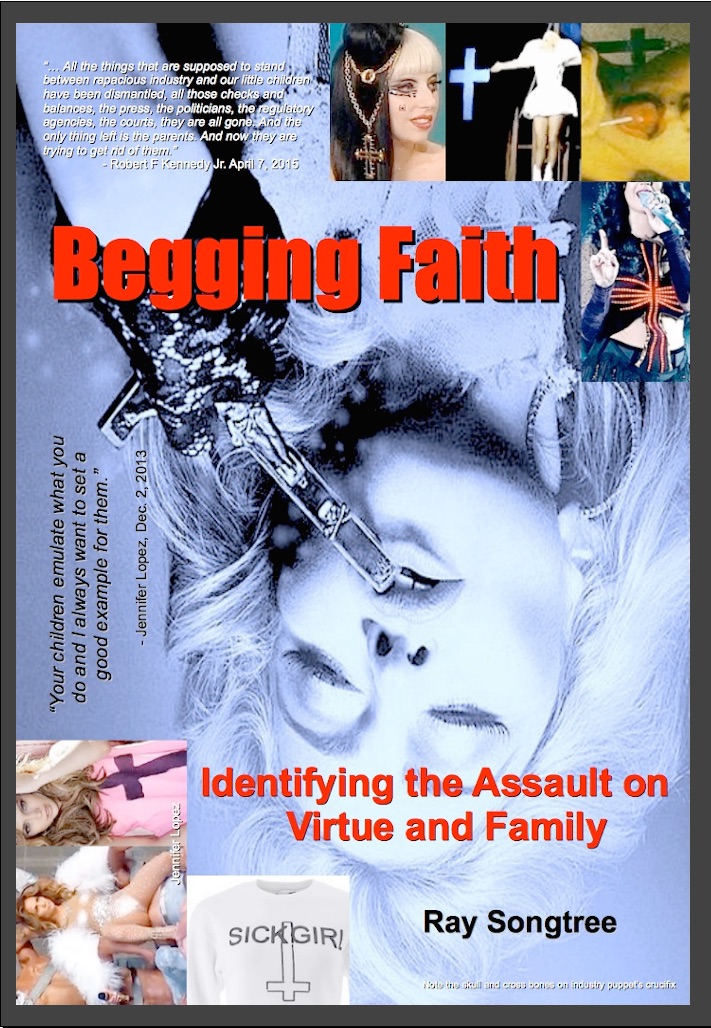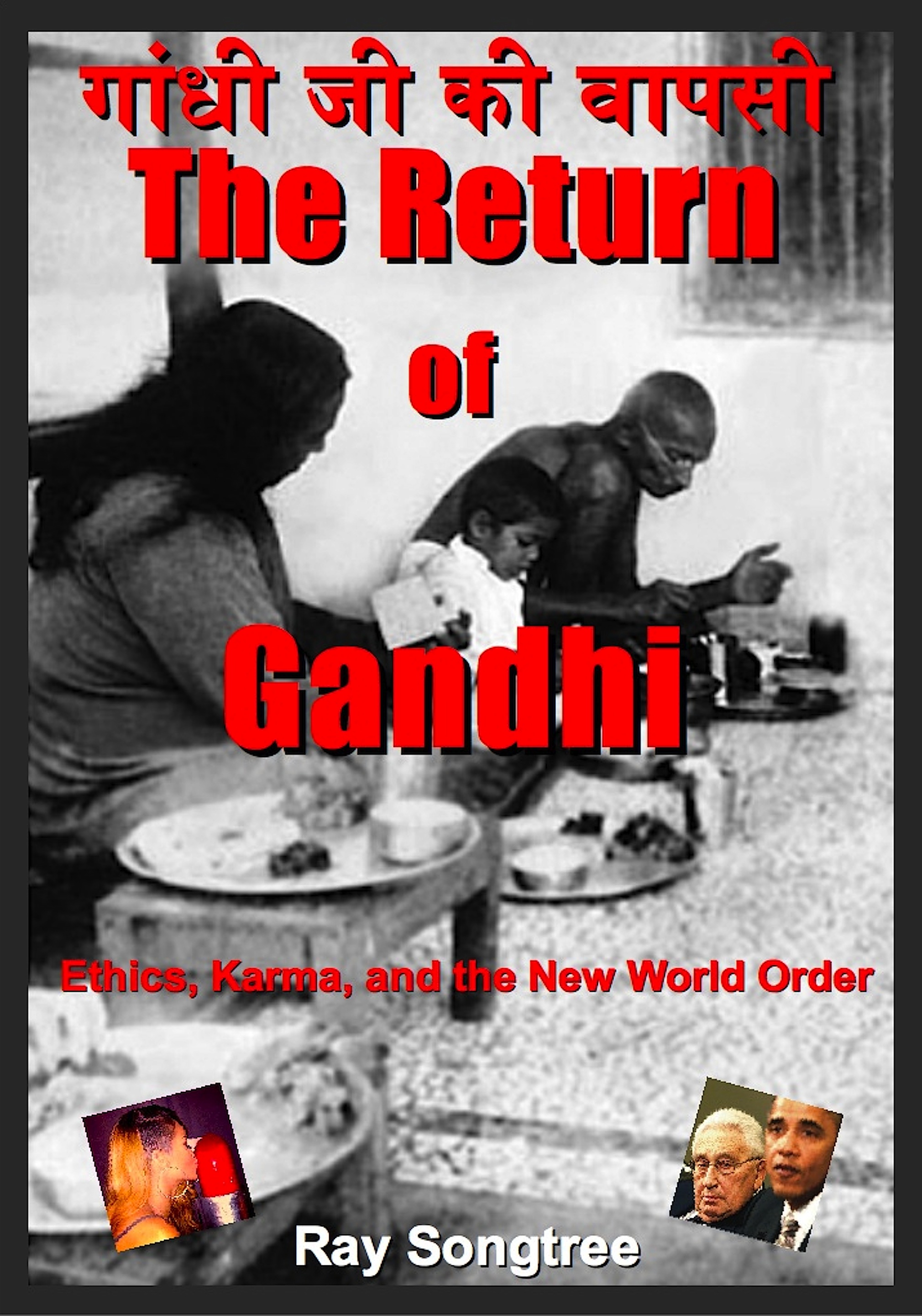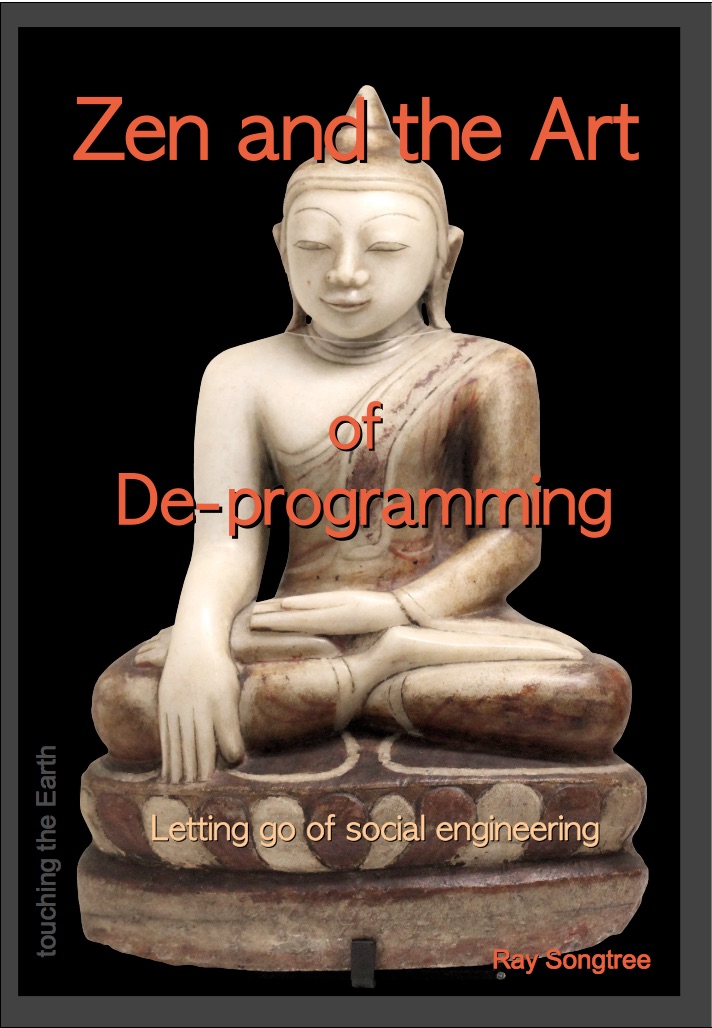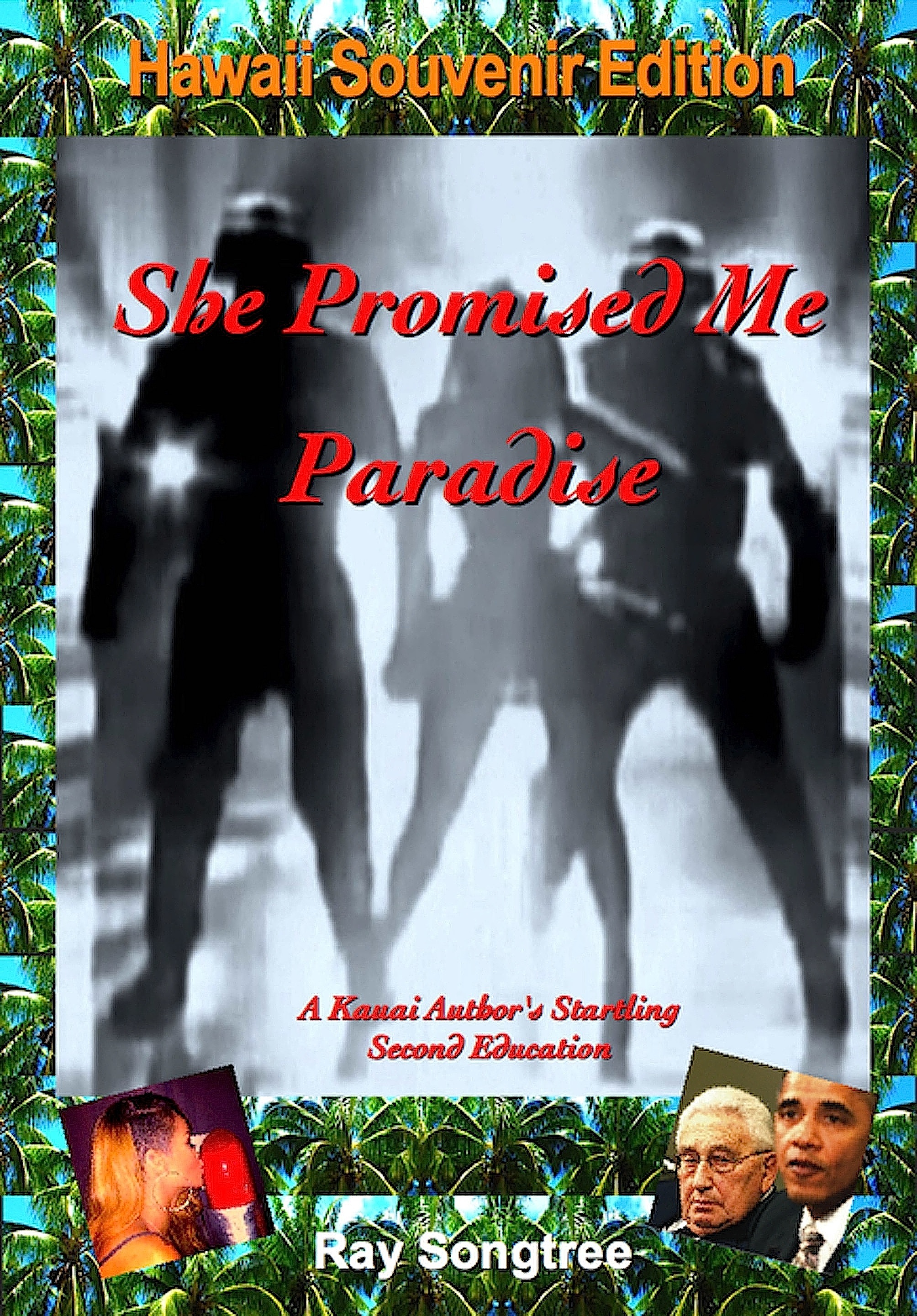The following is a study guide composed of several articles on Papua New Guinea, which is covered briefly in Vol.1 of Ray Songtree’s Lipstick and War Crimes series, epub available here.
West Papuan leader arrested and office raided for supporting petition
ULMWP – June 23, 2017
Today the people of West Papua once again experienced more state terror and brutality from the Indonesian military and police. As the local headquarters of the West Papua National Committee (KNPB) and People Regional Parliament (PRD) was raided by armed Indonesian troops at least one West Papuan leader was arrested and remains in detention.
As hundreds of people in Timika were gathered peacefully to hold a prayer and thanksgiving ceremony for the thousands of signatures in the Bomberay region collected manually for the grassroots petition for West Papua, the Indonesian military and police began to surround the church compound.
As soon as the local KNPB leader, Yanto Awerkion took to the stage, the Indonesian troops raided the compound. They were fully armed and made up of the Indonesian military, police, Detatchment 88 (“Anti Terror” troops), Kopassus (Special Troops) and Intelligence Services.
As the West Papuan people sat calmly on the ground and sang hymns peacefully, the Indonesian troops tried their worst to create violence and provoke the crowd by being as aggressive as possible. They smashed the gate and tore through the compound, raiding the headquarters and confiscating everything including clothes, flags and banners calling for self-determination and an Internationally Supervised Vote.
Why are the Indonesian military and police scared of clothes, flags and banners?
I have heard that as the Indonesian troops were taking everything everything, local people told them “You are poor so you take it away. We don’t need all these things”.
Yanto Awerkion, the local head of the West Papua National Committee (KNPB), was arrested by the Indonesian police for speaking about the petition for West Papuan self-determination
I am proud that the people of West Papua remained calm and peaceful, signing hymns as their gathering was raided by the Indonesian military and police. We are showing the Indonesian government that we will not be provoked by their terror and brutality. Like Mahatma Gandhi, we will fight successfully for our freedom through peace and love.
The local Chairperson of the KNPB, Yanto Awerkion was arrested by the Indonesian police and remains in detention now. There are unconfirmed reports that others have also been arrested too and I have been told that some people are still being hunted by the Indonesian police.On behalf of the United Liberation Movement for West Papua (ULMWP), I call for the immediate release of Yanto Awerkion and any other people who were arrested at the scene.
Why are the Indonesian military and police raiding peaceful prayer gatherings, arresting peaceful leaders and confiscating banners? Why are they so scared of this petition?
The Indonesian government has already banned the online petition in West Papua and is now trying as hard as possible to ban the manual signing of the petition too. The raiding of another peaceful prayer gathering and the arrest of another peaceful leader calling for self-determination is yet more evidence that the Indonesian government is systematically cracking down on all forms of Freedom of Expression in occupied West Papua.
Once again on behalf of the ULMWP I call upon the International Community and all international supports to please keep an eye on the deteriorating human rights situation in West Papua.
How can governments around the world remain silent when such obvious human rights violations continue to worsen unabated in occupied West Papua, less than 250km North of Australia?
According to International Law, we the people of West Papua have the right to Freedom of Expression and Assembly. The Indonesian government claims that it allows Freedom of Expression but has been specifically condemned by the United Nations for NOT allowing Freedom of Expression in West Papua. Terrible events like this one today, prove to the world once again that there is NO Freedom of Expression in occupied West Papua.
From the bottom of my heart, I urge all international supporters to please keep Signing and Sharing the petition. The people of West Papua have sacrificed their lives for what this petition represents. It is one of the only ways they can express themselves and their aspirations and now it is being systematically banned and those West Papuan people who sign it are at risk of being arrested, tortured and even killed.
In August 2017, this petition which has already collected tens of thousands of signatures, will be swum across Lake Geneva and into the hands of the United Nations to show the aspirations of the West Papuan people that we want self-determination. We will show the world that we the people of West Papua want to be free people at last in our ancestral homeland.
SIGN & SHARE THE PETITION HERE
Please help to Take Action by Signing and Sharing the Global Petition for West Papua today. My people firmly believe that one day we will finally be free at last.
Benny Wenda
West Papuan Independence Leader
Spokesperson for the united Liberation Movement for West Papua (ULMWP)
This statement, written by West Papuan Independence Leader Benny Wenda was originally published on his website.
_____________________________________________
What everyone and many people can do:
a) Stop booking Indonesia for any of your holidays, conferences and/or touristic activities.
b) Stop buying ANY Indonesian palm-oil products. Indonesia is the largest producer and exporter of palm oil worldwide. Palm-oil producers and their consumers destroy natural forests worldwide (those sustainability tags are all hoaxes). Any expansion of palm oil plantations into traditionally-held forested land must STOP. Olive oil, cocos-oil and sunflower-, grapeseed- etc. oils should be found in your kitchen – but not any palm-oil!
c) Stop buying ANY products from Indonesian aquaculture (fish, shrimps etc.) – also because marine aquaculture destroys the estuarine ecosystems and freshwater aquaculture already is tainted by GMO-contaminated species.
d) Stop buying any Indomie brand instant noodles by Indofood. To eat natural food and to abstain from any instant, industrialised food is anyway more healthy.
e) Severe any business relationships with and don’t buy any fuels, lubricants or petrochemicals from Pertamina. Inside Indonesia try to become independent from electricity produced by Perusahaan Listrik Negara. Go solar!
f) Stop buying any Indonesian car or any Toyota, Daihatsu, Suzuki or Honda produced in Indonesia and help to ensure that Indonesia can NOT manufacture the South Korean KAI KF-X fighter plane.
g) USAmericans must ensure that their governance stops any weapons- or military-equipment-sales to Indonesia. Trump must stop selling arms for genocide!
h) Boycott the USAmerican mining firm Freeport McMoRan and their minority stakeholder – a similar robbber – the global mining giant Rio Tinto, wherever you find them or any of their robbed goods. The Grasberg mine is the largest gold and third largest copper mine in the world. Do your own research where you could block them and don’t get fooled by the fact that Freeport Indonesia abruptly stopped production on February 10, 2017 and laid off 10 percent of its mostly West-Papuan workers. It is just to enforce the hard 120-day ultimatum of February 12 set by Freeport’s CEO Richard Adkerson to the Indonesian government to back down on its new demands or else face arbitration from the mining mogul. Freeport’s involvement in West-Papua dates back to the Suharto military dictatorship, which signed over 250,000 acres of West Papuan territory in 1967. Neither Indonesia nor Freeport have any real rights to the Grasberg. The Grasberg belongs to the West-Papuans!
_____________________________________________
Hands Full of Gold
By Cheryl Seal
12-1-2
|
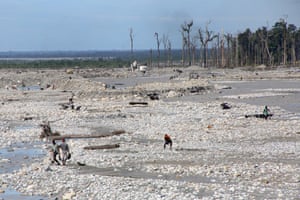
In 1936, Dutch geologist Jean Jacques Dozy climbed the world’s highest island peak: the forbidding Mount Carstensz, a snow-covered silver crag on what was then known as Dutch New Guinea. During the 4,800-metre ascent, Dozy noticed an unusual rock outcrop veined with green streaks. Samples he brought back confirmed exceptionally rich gold and copper deposits.
Today, these remote, sharp-edged mountains are part of West Papua, Indonesia, and home to the Grasberg mine, one of the biggest gold mines – and third largest copper mine – in the world. Majority-owned by the American mining firm Freeport McMoRan, Grasberg is now Indonesia’s biggest taxpayer, with reserves worth an estimated $100bn (£80bn).
But a recent fact-finding mission (by the Brisbane Archdiocese’s Catholic Justice and Peace Commission) described a “slow-motion genocide” (pdf) taking place in West Papua, warning that its indigenous population is at risk of becoming “an anthropological museum exhibit of a bygone culture”.
Since the Suharto dictatorship annexed the region in a 1969 UN referendum largely seen as a fixed land grab, an estimated 500,000 West Papuans have been killed in their fight for self-rule. Decades of military and police oppression, kidnapping and torture have created a long-standing culture of fear. Local and foreign journalists are routinely banned, detained, beaten and forced to face trial on trumped-up charges. Undercover police regularly trail indigenous religious, social and political leaders. And children still in primary school have been jailed for taking part in demonstrations calling for independence from Indonesia.
“There is no justice in this country,” whispered one indigenous villager on condition of anonymity, looking over his shoulder fearfully. “It is an island without law.”
****
Dozy had not set out to find gold in 1936; his goal was to scale the region’s highest glacial peak. But his discovery sparked the interest of Freeport Sulphur – later to become Freeport Minerals Company and then, through a 1981 merger with the McMoRan Oil and Gas Company, Freeport McMoRan – whose board of directors included the well-connected Godfrey Rockefeller (serving from 1931 until the early 1980s) and Henry Kissinger (1988-1995).
Today, indigenous tribes such as the Kamoro and the Amungme claim their communities have been racked with poverty, disease, oppression and environmental degradation since the mine began operations in 1973.
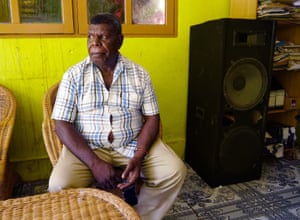
“We are a coastal people, and we depend on the environment,” says the Kamoro’s chief, Hironimus Urmani, in Tipuka, a lowland village down-river from the Grasberg mine. “Nature is a blessing from God, and we are known by the three Ss: sago [trees], sampan [canoes] and sungai [rivers]. But life is very difficult now.”
Urmani motions to the river opposite, languishing green and motionless. He claims that tailing sediment from the mine has raised the riverbed, suffocating the fish, oysters and shrimp on which the Kamoro diet and economy are traditionally based. A 2012 report from Earthworks and MiningWatch Canada asserts that mine waste from Grasberg has “buried over 166 square kilometres of formerly productive forest and wetlands, and fish have largely disappeared”.
Although most Kamoro still try to eke out a living fishing and foraging for food, they struggle to find paid work, says Urmani. “We need to earn money. But now we face major competition from non-Papuan migrants.”
Locals fear that the government’s controversial transmigration programme, which resettles Indonesians from high-density islands such as Java to low-population areas, is wiping out their population completely. Indigenous Melanesian Christians – they comprised 96% of the population in 1971 (pdf) – now make up a 48% minority, with numbers expected to fall to 29% by 2020 if migration rates continue.
Clashes between the indigenous Christians – and migrant Indonesian Muslims – have also resulted in riots, fires and injuries.
“Land has been taken away, directly by Freeport … and indirectly, as the Indonesian settlers have appropriated it,” says Dr Agus Sumule, professor of agricultural socio-economics at the University of Papua.
“The stresses [on indigenous people] are intense,” says Sumule. “They have been very negatively impacted.”
The Indonesian government signed over to Freeport the right to extract mineral wealth from the Grasberg site in West Papua in 1967. A 2002 report from the International Institute for Environment and Development (IIED) details that land agreements were not negotiated with the Amungme until 1974, a year after the mine opened, and with the Kamoro in 1997.
The compensation paid for Kamoro and Amungme land has been mainly in the form of communal benefits, such as the building of homes, schools and places of worship. The IIED report notes, “Perceptions of land rights and historic compensation claims are a continuing source of dissatisfaction and conflict in the mining area.”
Recent census data shows Papua’s GDP per capita at $3,510, compared to the Indonesian average of $2,452. Yet Papua has the highest poverty rate in the country, nearly three times the national average. It also has the highest infant, child and maternal mortality rates in Indonesia, as well as the worst health indicators, and the poorest literacy rates.
The scale of destitution is best observed from the highland Amungme village of Banti, just 20 miles down from the Grasberg mine.
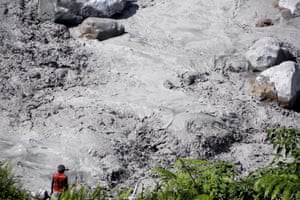
Estimates from Earthworks suggest that Freeport dumps as much as 200,000 tonnes of mine waste, known as tailings, directly into the Aikwa delta system every day. The practice has devastated the environment, according to Earthworks and locals, turning thousands of hectares of verdant forest and mangroves into wasteland and rendering turgid the once-crystal waters of the highlands.
The tailings from the Grasberg mine are so rich with ore that Papuans walk for as long as a week to get here. Crowding the length of the river and the delta wasteland, thousands of unlicensed panners shore up small sections to slow the river’s flow and dig into the thick sediment on the side.
Although some of these panners are located within Freeport’s official mining operations, they are not evicted or controlled in any way, they said. Instead, they claim they sell their findings to the police and military who work as security on the mine. (An anonymous Freeport source also confirmed this).
One of the panners, Martine Wandango, 25, bends over her pail of water as she filters out rocks and searches for ore. “You can only survive with money, and you can only find money from gold,” says Martine, who followed her husband to the delta 15 years ago by walking 60 miles over the mountains from their remote highland village.
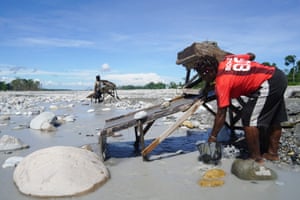
“I work really hard as I want to give my children better lives, so they can go to school. But it isn’t enough, so she helps me here mining,” says Martine of her daughter, nine, who swings a gold pan in her hands. “On a good day, I can get three grammes, which I sell either to the police or [to buyers] in Timika.”
A tiny village when Freeport arrived here 40 years ago, Timika is now a boom town dotted with bars, brothels, gold-processing shops and various military personnel. Under Indonesian law, Freeport is a designated “strategic industry”, which mandates that external security for the mine, its access roads and its pipelines all be provided exclusively by Indonesia’s security forces. Freeport has never been implicated in any human rights abuses allegedly committed by the Indonesian military in Papua.
Freeport McMoRan, based in Phoenix, Arizona, did not respond to multiple requests for comment.
The company’s website defends its method of disposal of tailings at Grasberg, managed by PT Freeport Indonesia (PTFI), an affiliate company: “PTFI’s controlled riverine tailings management system, which has been approved by the Indonesian government, uses the unnavigable river system in the mountainous highlands near our mine to transport tailings to an engineered area in the lowlands where the tailings and other sediments are managed in a deposition area.”
A 2009 report by the company says it utilises levees to contain tailings in the deposition area, and that the tailings management programme costs Freeport McMoRan $15.5m (£12.7m) each year. According to the report, company monitoring of aquatic life in the rivers found that fish and shrimp were suitable for consumption, as regulated by Indonesian food standards, while water quality samples met Indonesian and US Environmental Protection Agency drinking water standards for dissolved metals. In a 2011 BBC report on alleged pollution in the area surrounding Grasberg, the company says that the tailings management method was chosen because studies showed the environmental impact caused by its waste material was reversible.
Elsewhere on its website, the company says: “We are committed to respecting human rights. Our human rights policy requires us (and our contractors) to conduct business in a manner consistent with the Universal Declaration of Human Rights, and to align our human rights due diligence practices with the United Nations Guiding Principles on Business and Human Rights (UN Guiding Principles).”
The company also emphasises its work with indigenous people in West Papua. A 2015 Freeport McRoRan report on working towards sustainable development said: “PTFI has engaged with indigenous Papuan tribes for decades, including through numerous formal agreements to promote workforce skills training, health, education and basic infrastructure development … In 2015, PTFI continued to evaluate the effectiveness of alternate options for Kamoro community members whose estuary transport routes are impacted by sedimentation associated with the controlled riverine tailings management system. Provision of smaller sized boats, in addition to 50 passenger vessels, for route flexibility as well as additional local economic development programmes were identified as additional mitigation measures during the year.”
Back in the area surrounding the Grasberg mine, many Papuans, struggling for work, find themselves pulled into the bar and sex industries that cater to the miners, particularly around the highland village of Banti. Here brothels and bars line up side by side, allegedly with help from the Indonesian military, who are said to supply sex workers and alcohol, according to a Freeport source who wished to remain anonymous.
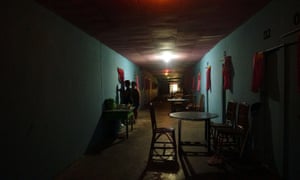
Indigenous chiefs have watched as a newfound promiscuity has brought sexually transmitted infections that have ravaged their communities. “Traditional Papuan culture forbids free sex, but alcohol makes our communities vulnerable,” says the Amungme chief, Martin Mangal. “And brothels make it easy to contract HIV.”
HIV rates in West Papua are of “epidemic” proportions, according to the UN, 15 times higher than anywhere else in Indonesia. Driven almost entirely by unsafe sex, HIV is also far more prevalent among indigenous Papuans. Yet the existence of only one hospital – built by Freeport – means that most people, particularly those in remote highland villages, don’t get the help they need.
Late last year, the Indonesian president, Joko Widodo, claimed he was willing to work towards a “better Papua”: “I want to listen to the people’s voices.”
However, human rights violations have actually increased since Widodo took power, according to Indonesia’s Commission for the Disappeared and Victims of Violence (Kontras), which has logged 1,200 incidents of harassment, beatings, torture and killings of Papuans by Indonesian security forces since his election in 2014.
The Indonesian government did not respond to multiple requests for comment. The country’s military has consistently denied any wrongdoing in Papua.
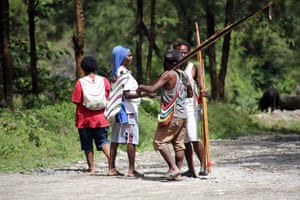
Despite everything, there have been small glimmers of hope. This summer, Dutch human rights law firm Prakken D’Oliveira submitted a formal legal complaint against Indonesia to the UN Human Rights Council, accusing the government of “long-term, widespread and systematic human rights violations” and the “complete denial of the right to self-determination of the people of West-Papua”.
Later this year, West Papua is expected to be granted full membership of the Melanesian Spearhood Group, an important sub-regional coalition of countries including Fiji, Vanuatu and Papua New Guinea.
The Brisbane commission, which warned of the risk of genocide, is calling on Indonesia to allow Papua, once and for all, the right to self-determination.
Yet some fear the opportunity for change in Papua is long gone.
“Is healing even possible?” asked Professor Agus Sumule, shaking his head. “It could be too late.”

